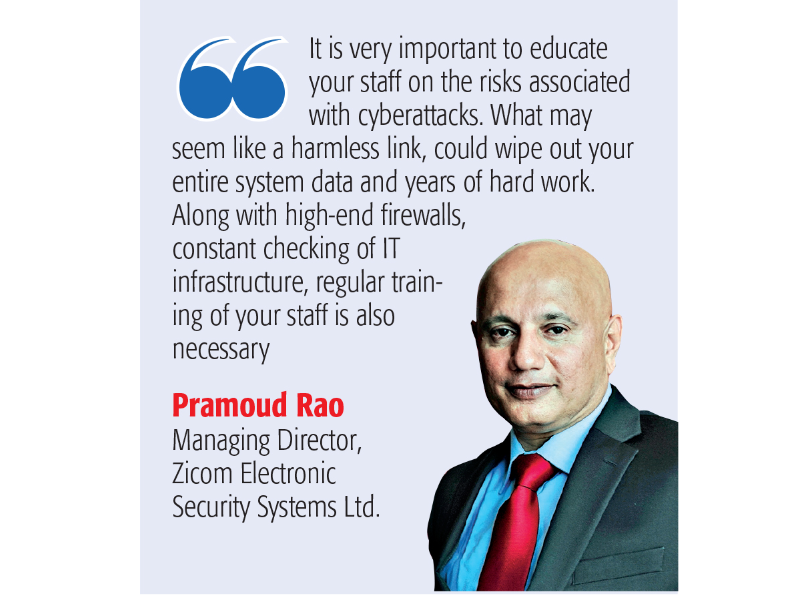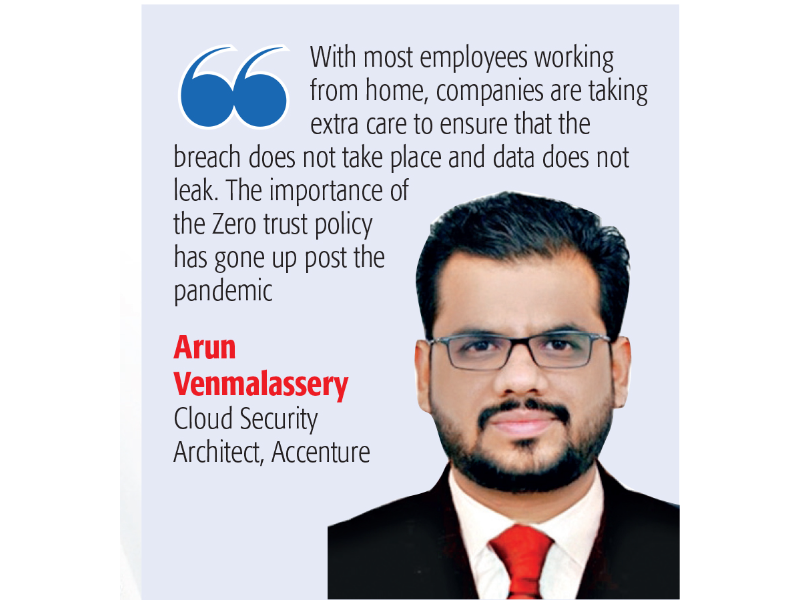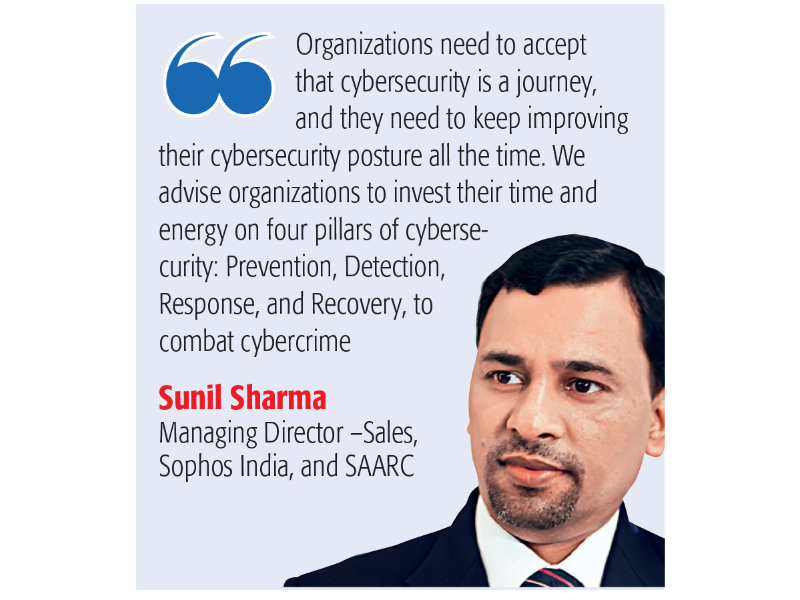Despite increasing number of cyber-attacks, more than half of the Indian companies are not prepared well enough.
India tops the list among the counties facing cyberattacks since the pandemic. Around 68 percent of the companies in India have faced some form of the cyberattack or the other since the beginning of the pandemic. With most companies adopting a work from home model, these organisations also invested heavily in components like cloud, artificial intelligence, machine learning, and mobility. Employees working remotely and growing digital connectivity have also made them vulnerable to ransomware attacks.
With ransomware, social engineering, multi-vector, and supply chain attacks on the rise, the importance of cybersecurity controls to be embedded in the development, deployment, and management stage of these platforms has also gone up. However, most Indian companies still remain unprepared to face any form of such cyberattacks.

Institutions that track cyberattacks and ransomware suggest that there has been a steep increase in the payments that companies have to make after being victims of an attack. A study by the US Treasury Department, released in October 2021, showed $590 million was paid during the first half of the year. The amount is 42 percent higher than the amount reported by financial institutions during 2020.

When companies or networks are hit by an attack, the total cost of recovering from a ransomware attack doubled. The cost of recovering from a data breach, for example, has multiplied in the recent years and it is confirmed by multiple reports. According an annual report by IBM, the average cost of recovery has increased to $4.24 million from $3.86 million. This is at its highest average total cost in the 17-year history of the study.
Ransomware was not new but, cyber attackers are getting innovative, and finding a newer delivery mechanism to ensure that they are able to propagate is what is been seen. Keeping track of their innovative ways to penetrate networks is a challenge, particularly for small businesses. This has created a thriving market for companies offering cyber security products and services. The market for network security products in India is expected to grow at a CAGR of 15.3 percent from $257 million in 2019 to $394 million in 2022.

The threat posed to Indian companies is also an opportunity and it has the potential to become the cybersecurity product hotspot. The number of Indian cybersecurity product firms has increased to over 225 in 2020 from over 175 in 2018, states a report released by the national body of data protection, Data Security Council of India (DSCI).
The DSCI report added that the revenue for these firms also increased to over $1 billion in 2020 from $275 million in 2016, representing a CAGR of around 39%. The number of people working in the Indian cybersecurity product industry also increased by 25%, to around 18,000, between 2018 and 2020.
The report states that nearly 20% of cybersecurity companies were founded in the previous two years, with Bangalore, Mumbai/Pune, Delhi NCR, Hyderabad, and Chennai serving as the most important hubs. Fundraising has increased by nearly 88 % from 2017 to 2018. The total amount raised in the earlier four years has been estimated at $490 million.

India would also need an additional 3.5 million cybersecurity professionals by the year-end stated in a report by “India Cybersecurity Services Landscape” by Nasscom-Data Security Council of India (DSCI). The jobs in the cybersecurity space witnessed a jump of around 6 percent since May 2020, when the COVID 19 pandemic started negatively impacting several sectors in the country. With more and more companies extending their work from home options, it is a market that is certain to grow at a rapid pace.
Understanding the market needs and providing solutions for the current threats is what companies are looking for. India’s graduate engineers will need the specialised understanding which can be bridged through training, online and offline.

-
“ETtech is a sharply-focused lens that brings alive India’s tech businesses & dynamic world of startups”
Kunal Bahl, Co-Founder & CEO, Snapdeal
-
“I read ETtech for in-depth stories on technology companies”
Ritesh Agarwal, Founder & CEO, Oyo
-
“I read ETtech to understand trends & the larger India technology space, everyday”
Deepinder Goyal, Co-founder & CEO, Zomato
Disclaimer: Content Produced by Sophos



























